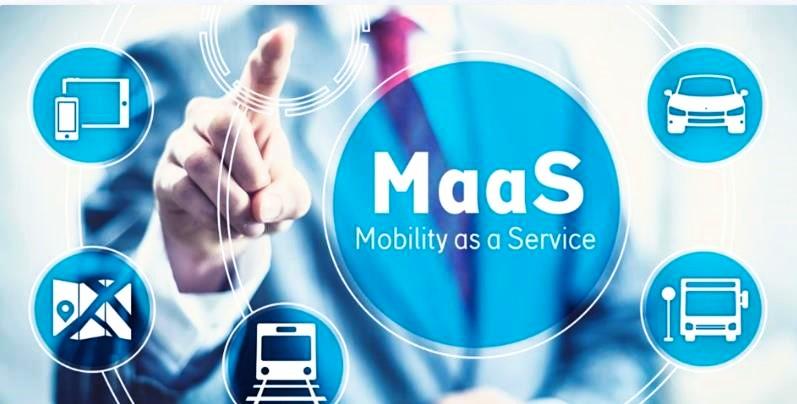-
Fil d’actualités
- EXPLORER
-
Pages
-
Groupes
-
Evènements
-
Reels
-
Blogs
-
Offres
-
Emplois
The Journey to a $754 Billion Mobility as a Service Market Value

The projected Mobility as a Service Market Value of over USD 754.341 billion by 2032 is a monumental figure that reflects the enormous economic shift this model represents. This valuation is not just the sum of individual trip fares; it encapsulates the total value of a new, integrated transportation economy. It includes the revenue generated from every trip taken, every monthly subscription sold, and every corporate mobility contract signed. The market's path to this massive valuation is being paved by a sustained and impressive compound annual growth rate of 17.4%, indicating strong investor confidence and a massive addressable market. This future market value signifies a fundamental transfer of consumer spending from the traditional automotive ownership model to a flexible, service-based consumption model, creating one of the largest economic opportunities of the 21st century.
This immense market value is generated through a variety of revenue streams. The most straightforward is the pay-as-you-go model, where the MaaS platform takes a commission or a percentage fee from each transaction booked through its app. As platforms scale to facilitate billions of trips annually, these small commissions aggregate into a substantial revenue base. An increasingly important source of value comes from subscription models, where users pay a recurring monthly fee for a bundled package of transportation services—for example, unlimited public transit combined with a set number of ride-hailing trips and hours of bike-sharing. These subscriptions provide predictable, recurring revenue, which is highly valued by investors. B2B sales, where companies purchase MaaS plans for their employees as a perk or a business travel solution, represent another rapidly growing and lucrative segment.
A key contributor to the high market valuation is the fundamental shift from a product-based to a service-based economy in the transportation sector. For over a century, the automotive industry's value was based on manufacturing and selling vehicles. MaaS flips this model on its head. The new value proposition is not about selling a car but about selling seamless mobility, measured in miles, trips, or monthly access. This has profound implications for traditional automotive manufacturers (OEMs), who are now aggressively investing in MaaS platforms and mobility services to avoid being relegated to mere hardware suppliers. They recognize that the future value lies in owning the customer relationship and the service platform, not just the physical asset, a realization that is driving massive investment into the space.
Beyond the direct revenues, the overall market value also incorporates the significant indirect economic benefits that MaaS creates. The reduction in traffic congestion leads to immense savings in terms of time lost and fuel wasted by commuters and commercial vehicles. Improved utilization of public transport systems makes them more financially viable, reducing the need for public subsidies. The creation of new, flexible income opportunities for drivers and gig workers also contributes to the economy. Furthermore, the anonymized data generated by MaaS platforms is incredibly valuable for urban planners, infrastructure investors, and real estate developers, enabling more efficient and data-driven decisions that create further economic value. These externalities are a crucial part of the total value proposition.
Explore Our Latest Trending Reports:
On Call Scheduling Software Market
- Art
- Causes
- Crafts
- Dance
- Drinks
- Film
- Fitness
- Food
- Jeux
- Gardening
- Health
- Domicile
- Literature
- Music
- Networking
- Autre
- Party
- Religion
- Shopping
- Sports
- Theater
- Wellness
